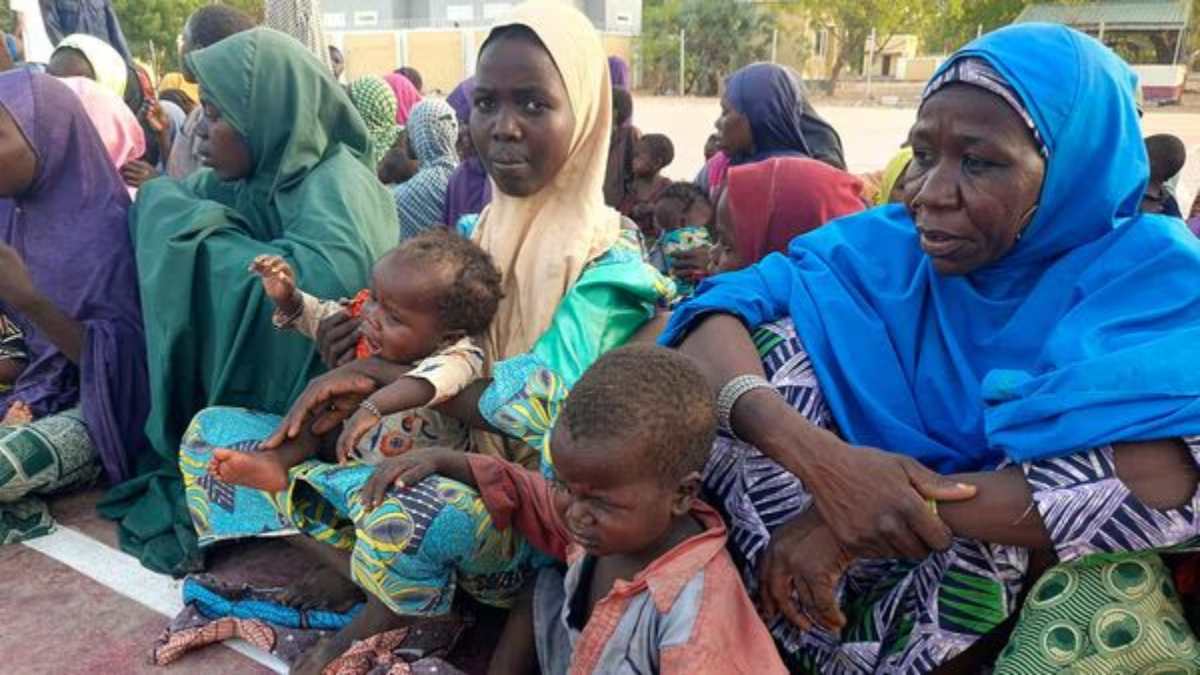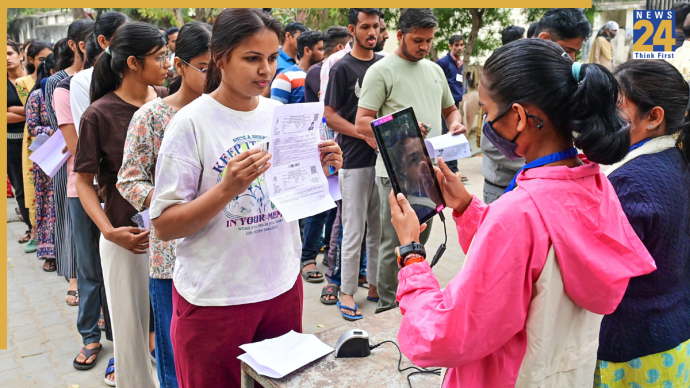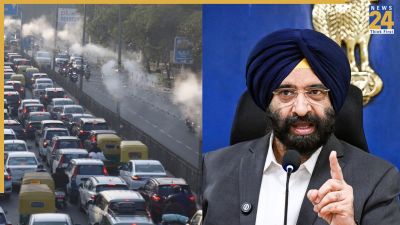On Saturday, suicide attacks in northeastern Nigeria resulted in the deaths of at least 18 people and left 42 others injured, targeting a wedding, a hospital, and a funeral.
AFP reported that the region has suffered from more than a decade of violence linked to the jihadist group Boko Haram, although the group has not yet claimed responsibility for these particular attacks.
According to a spokesperson for the state police, during one of three blasts on Saturday in Gwoza town, a woman carrying a baby on her back detonated explosives amidst a wedding ceremony.
Borno State police spokesman Nahum Kenneth Daso reported that around 1545 (1445 GMT), a woman with a baby on her back detonated an Improvised Explosive Device (IED) she was carrying at a busy motor park.
Officials reported that female suicide bombers also struck a hospital in the neighboring town across the Cameroon border. Subsequently, another attack occurred during the funeral for casualties of the wedding explosion.
The Borno State Emergency Management Agency (SEMA) reported that the attacks resulted in the deaths of 18 individuals and left 42 others wounded.
Also Read: US: North Carolina Woman Arrested After Daughter Dies From Heat In Car
Agency head Barkindo Saidu reported that there have been 18 fatalities, including children, men, women, and pregnant women. According to Saidu, nineteen individuals with serious injuries were transported to Maiduguri, the regional capital, while 23 others awaited evacuation. Additionally, a militia member assisting the military in Gwoza stated that two of his colleagues and a soldier were killed in a separate assault on a security outpost.
What is Boko Haram?
Boko Haram, formed in 2002 under Mohammed Yusuf, is a jihadist terrorist organization based in Nigeria. It launched an insurgency in 2009, targeting the Nigerian Government, security forces, and civilians. By 2015, it controlled territory in northeastern Nigeria, roughly the size of Belgium. Despite military efforts to reclaim most territory, Boko Haram persists in Nigeria, Cameroon, Chad, and Niger. Affiliated with ISIS in 2015 as ISIS in West Africa (ISIS-WA), it split in 2016 into factions led by Abubakar Shekau (Boko Haram) and ISIS-WA. Conflict with ISIS-WA, Nigerian military, and regional forces has caused casualties and displacement.
Also Read: Why Did China Spend Billions To Bring 2KG Of Moon Soil? What’s In It That Could Make Them Rich?
Who funds Boko Haram?
Boko Haram funds itself primarily through criminal activities such as looting, extortion, kidnapping for ransom, bank robberies, cattle theft, and hired assassinations. The group also seizes vehicles, weapons, ammunition, and supplies from Nigerian military forces and obtains additional arms from local black markets. Despite losing territory in recent years, Boko Haram jihadists continue to launch frequent attacks on rural Nigerian communities. They deploy young women and girls for suicide missions and conduct raids, targeting men and kidnapping women gathering firewood and acacia fruits outside towns.













